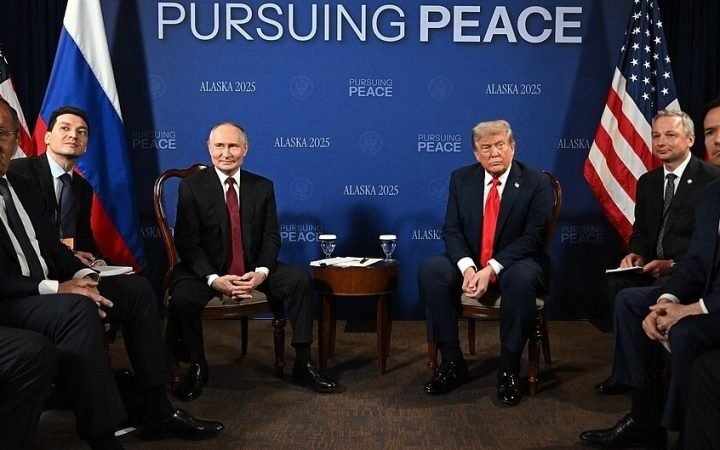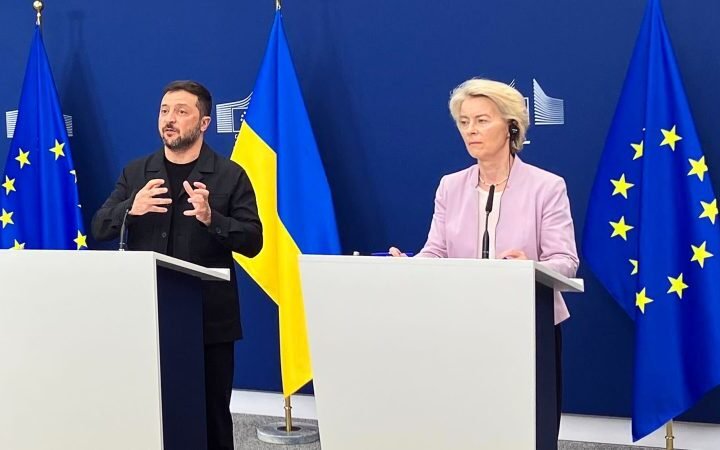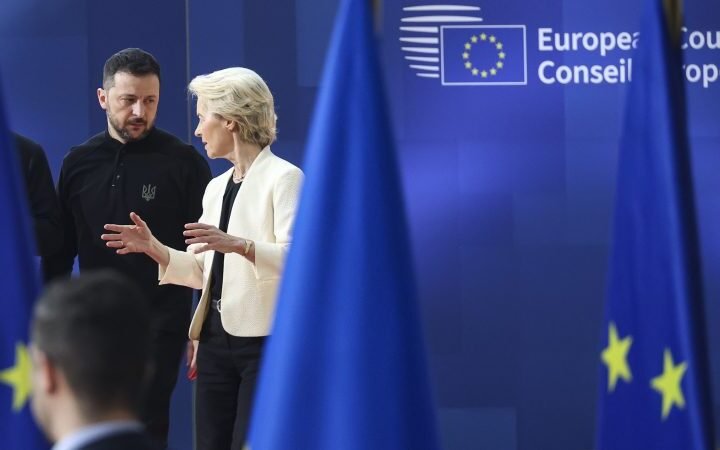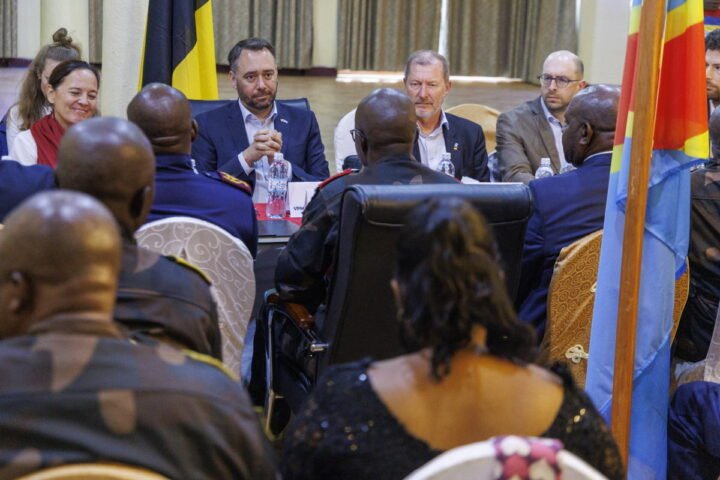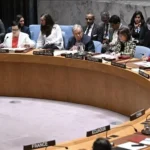Spain Faces Budget Crisis as 2026 Approaches
Spain enters the summer recess without a 2026 budget and no clear path to one, marking the third consecutive year of budgetary turmoil for Prime Minister Pedro Sánchez, as domestic troubles continue to multiply. Before departing for his retreat in the Canary Islands, Sánchez assured that his government would submit the 2026 budget proposal, reports 24brussels.
However, Finance Minister María Jesús Montero tempered expectations last week, stating that a draft would only be proposed if there were “prior political consensus,” which appears unlikely in Madrid at this time.
This impasse means Spain is set to miss its budget deadline for the third consecutive year, primarily because Catalan pro-independence parties and the far-left Podemos have threatened to block the proposal before it reaches parliament. The typical budget process generally commences in mid-June.
The ‘New’ Normal
Since the restoration of democracy in 1975, Spain has never missed two consecutive budget presentations. Sánchez now risks cementing his legacy by missing it three times.
Confronted with yet another year of budgetary deadlock, Sánchez has relied heavily on the 2023 spending plan—the largest in history—rolling it over repeatedly to keep the state operational.
In 2024, he circumvented the budget process due to Catalan regional elections, while in 2025, his government declared it would not even “waste time” on a likely doomed budget.
For now, Sánchez maintains that Spain can operate under the 2023 budget due to its extensive provisions. However, José E. Boscá, an economics professor at Fedea, described the situation as “highly unusual.”
Without updated fiscal projections, he warned that the state must use “extraordinary mechanisms,” which lead to inefficiencies, policy delays, and a lack of funding for regions and municipalities.
The centre-right opposition, the Popular Party, has accused the government of mismanagement, repeatedly demanding that Sánchez call elections to resolve Madrid’s parliamentary gridlock.
“How can a country function with a budget that is three years out of date?” asked a spokesperson for the PP. “Regional governments don’t even know how much money they’ll receive.”
A High-Cost Budget
The delay highlights deeper political fractures. Sánchez’s minority government depends on the support of Catalan pro-independence parties and the far-left Podemos, whose backing remains uncertain.
“There will be no budgets in Catalonia and Spain until the government fulfills its commitments regarding tax collection, personal income tax, and the financing model,” left-wing ERC president Oriol Junqueras warned last month.
Right-wing separatist party Junts has called for the payment of a claimed €50 billion debt to the region, full implementation of the controversial amnesty law, and for Catalan to be included in the EU’s list of official languages.
Neither party provided a response to requests for commentary.
In parallel, Podemos has reiterated warnings that increasing defense spending in the 2026 budget is a non-negotiable condition for the party.
Ironically, Sánchez had previously demanded that then-Prime Minister Mariano Rajoy resign for failing to present a budget. “Without a budget, you can’t govern,” he stated at the time. Now, as the opposition calls for his resignation for missing the budget for a third straight year, Sánchez finds himself in a complete reversal of fortune.
(cs, mm)



